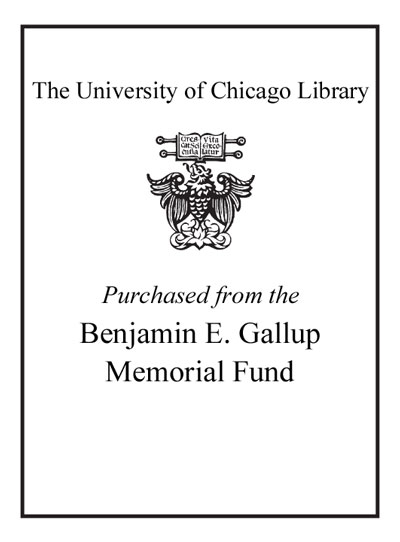Review by Choice Review
In his autobiography, Malcolm X issued a challenge to "well-meaning" whites to work within their own communities to solve the problem of racism. A growing body of scholarship by white theorists on white privilege reflects an effort to do just this. In Habits of Whiteness, MacMullan (Eastern Washington Univ.) brings a fresh perspective to this ongoing discussion. In seeking to answer the question of why racism lingers in a society where the vast majority of whites profess a belief in the equality of all races, MacMullan employs John Dewey's pragmatic model to identify racism as a habit. As such, it is a "pre-reflective cognitive or behavioral practice"--natural and invisible. The work of Du Bois, whom MacMullan considers a pragmatist, provides the basis for his substantive critique of white racism. MacMullan's aim, however, is not merely to identify the nature of the problem, but to offer hope of a resolution. Dewey's interactionist model of knowledge allows MacMullan to posit a reconstruction of the habits of whiteness, replacing them with positive contributions to the world--unique "cultural gifts" identified by Du Bois as possessed by each race, including whites. Summing Up: Recommended. Upper-level undergraduates and above. B. J. Hall California State University, East Bay
Copyright American Library Association, used with permission.
Review by Choice Review

